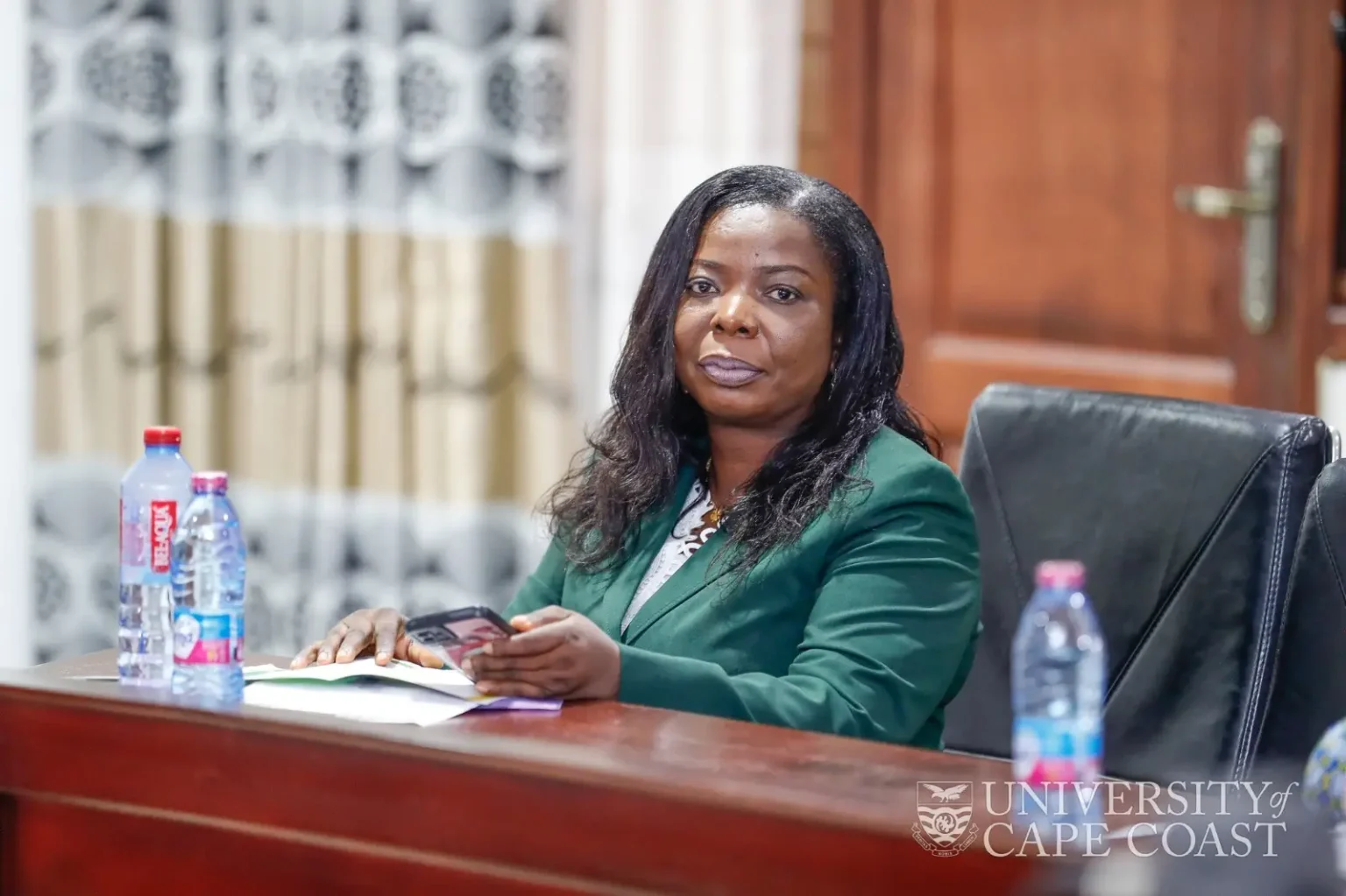The buzz around bees is changing, shifting from fear and apprehension to a growing recognition of their crucial role in both ecological health and human well-being. Professor Rofela Combey, an entomologist and Deputy Director of the International Stingless Bee Center, advocates for a paradigm shift in our perception of these often-misunderstood insects. She emphasizes that beyond the initial sting, lies a potential treasure trove of medicinal benefits. While the immediate reaction to a bee sting is often one of pain and avoidance, emerging research in apitherapy suggests that bee venom may hold therapeutic value for a range of conditions. This burgeoning field is exploring the potential of bee venom to address various ailments, prompting scientists to delve deeper into understanding the mechanisms, dosage, and safe application of this natural remedy.
Professor Combey’s message transcends the medicinal potential of bees, highlighting their integral role in the larger ecosystem. As vital pollinators, bees contribute significantly to biodiversity and agricultural productivity. Ghana, with its rich biodiversity, boasts over 150 documented bee species, many of which are stingless, adding another layer to the complexity and importance of these insect communities. She stresses the need for co-existence and a shift from fear to understanding, recognizing that these creatures are essential components of a thriving natural world. Protecting bees is not simply about preserving an insect population; it’s about safeguarding the intricate web of life that depends on their pollination services.
The call for bee protection is not merely an abstract plea for conservation; it has direct implications for Ghana’s economic stability and food security. As an agrarian nation, Ghana’s agricultural sector relies heavily on the pollination services provided by bees. The decline in bee populations poses a significant threat to crop yields and overall food production. Professor Combey reveals that while the importance of bees is undeniable, Ghana currently lacks specific legal protections for these crucial pollinators. Efforts are underway to address this legislative gap and ensure the long-term survival of these vital insects.
Recognizing the urgency of the situation, Professor Combey is actively involved in initiatives to strengthen bee conservation efforts in Ghana. Collaborative partnerships between the University of Cape Coast, international organizations, and the Ghanaian government are working to promote bee preservation and revitalize the nation’s honey industry. This collaborative approach aims to address the challenges facing the industry, including quality control issues that have led to a ban on Ghanaian honey in the EU market. By working together, these stakeholders are striving to improve honey production practices, meet international standards, and restore access to lucrative export markets.
The current EU ban on Ghanaian honey underscores the need for improved quality control measures within the industry. Professor Combey and her colleagues are actively working to address these concerns and regain access to the European market. This involves implementing stricter standards throughout the honey production process, from hive management to processing and packaging. By enhancing quality and ensuring adherence to international regulations, Ghana aims to re-establish its presence in the global honey market and unlock significant economic opportunities for its producers.
The overarching message is clear: bee conservation is not simply an environmental issue; it’s an economic imperative and a matter of national security. Protecting bees is intrinsically linked to ensuring food security, supporting biodiversity, and fostering sustainable agricultural practices. Professor Combey’s advocacy serves as a timely reminder that the fate of these small but mighty creatures is intertwined with our own, and that their preservation is essential for a thriving and resilient future. The call to embrace the sting and recognize the healing potential of bees, both literally and figuratively, is a call to protect not just an insect, but the delicate balance of nature that sustains us all.














